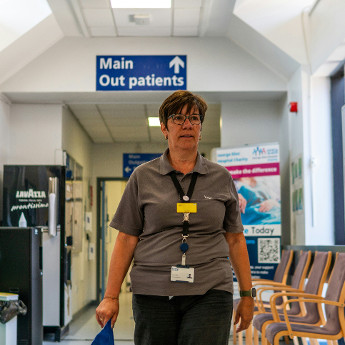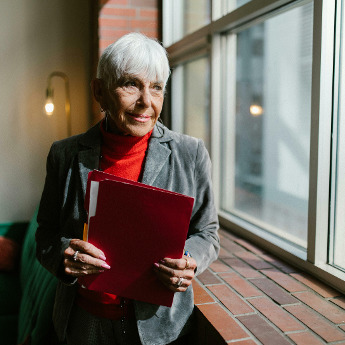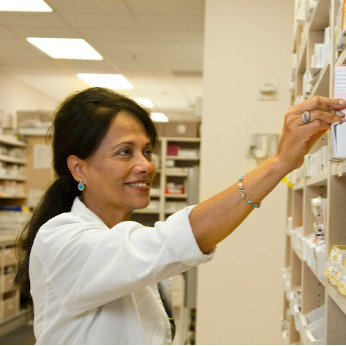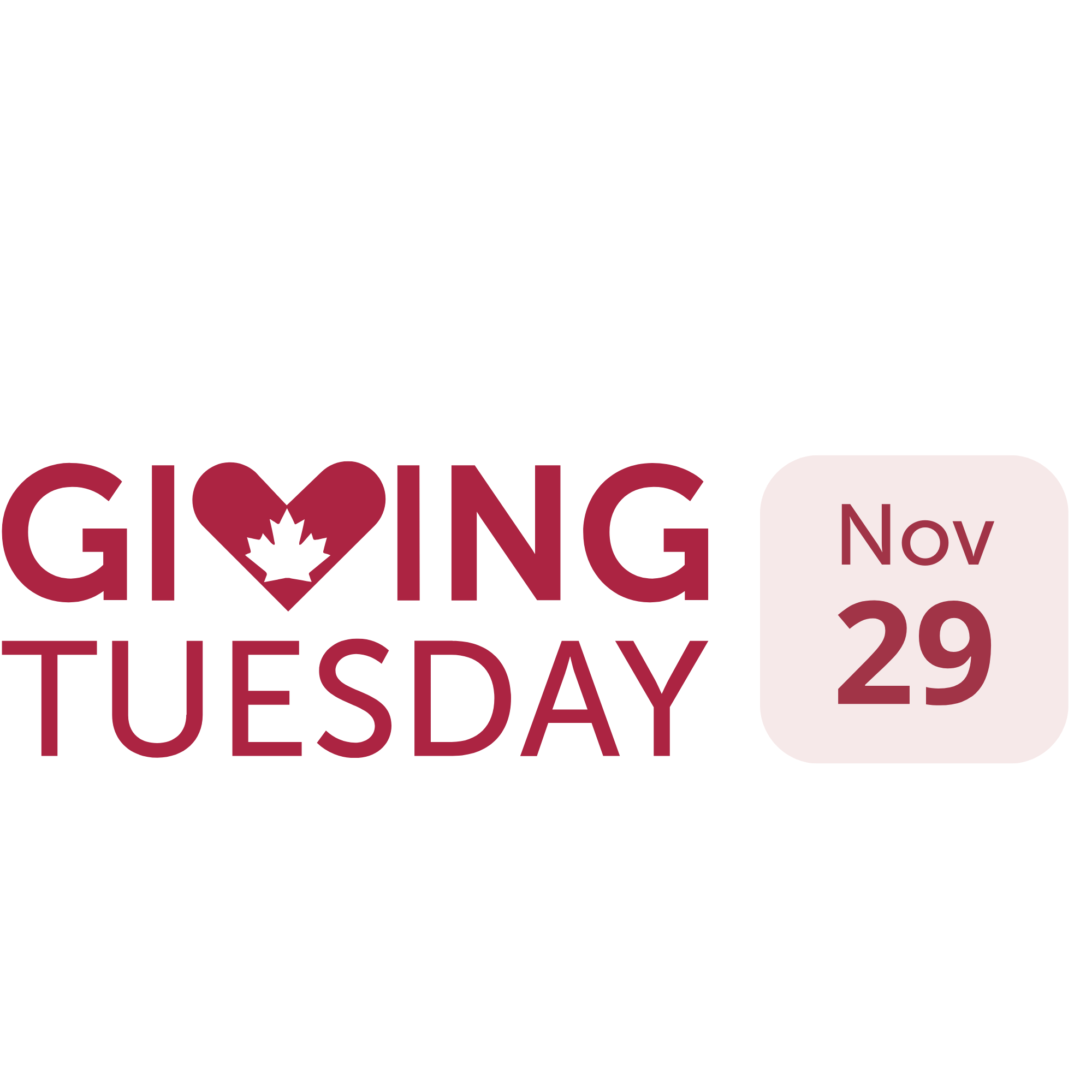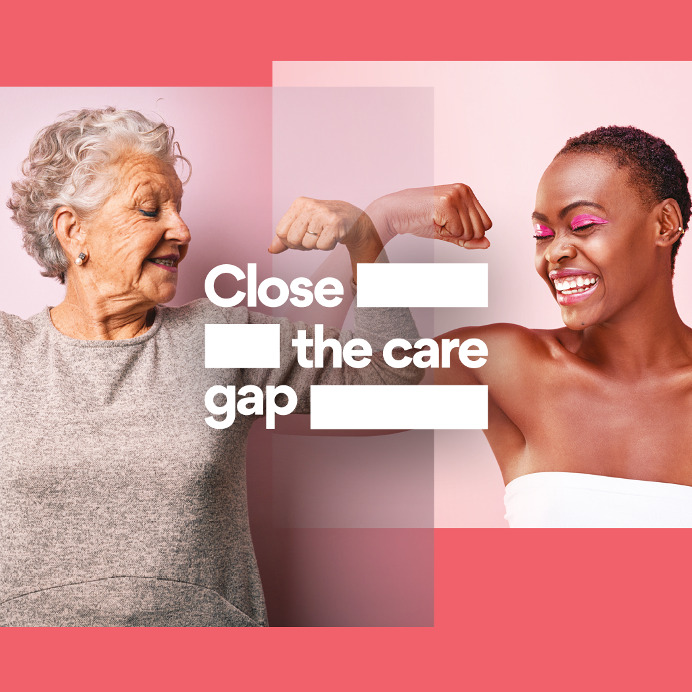By continuing to use our site, you consent to the processing of cookies, user data (location information, type and version of the OS, the type and version of the browser, the type of device and the resolution of its screen, the source of where the user came from, from which site or for what advertisement, language OS and Browser, which pages are opened and to which buttons the user presses, ip-address) for the purpose of site functioning, retargeting and statistical surveys and reviews. If you do not want your data to be processed, please leave the site.
The Voice of People With Breast Cancer
Education
Our Voices Blog
Tag : advocacy
Players in Healthcare: The Municipal Government
When we think about healthcare, municipal governments might not be the first thing that comes to mind. After all, they don’t run hospitals or provide cancer treatments the way provincial and territorial governments do. But local governments shape the communities where we live, and this has a huge influence on our health and wellbeing.
Players in Healthcare: the Provincial & Territorial Governments
In the second part of our three-part blog series, we are taking a closer look at the role provincial and territorial governments play in healthcare. Spoiler alert, it is a big one!
Players in Healthcare: The Federal Government
If you’ve ever wondered what role the federal government plays in your healthcare (especially after a breast cancer diagnosis), you’re not alone. Many people may be surprised to learn that while the federal government helps fund healthcare, it doesn’t directly provide hospital or doctor services. Still, it plays several important roles that can affect your treatment and care. Here’s a breakdown of what the federal government does do, how it can matter to you, and some ways you can get involved in advocacy.
Why Clinical Trials Are Crucial for People with Breast Cancer
Breast cancer remains one of the most common cancers worldwide. While progress in early detection and treatment has significantly improved survival rates over the past few decades, continued advancement depends on clinical trials. These research studies are the foundation of medical progress, playing a vital role in finding better ways to prevent, diagnose, and treat breast cancer.
Healthcare Considerations in the 2025 Federal Election
With the 2025 federal election underway, many of us are thinking about the issues that matter most. These uncertain economic times are at the top of our minds, and ensuring access to healthcare is a crucial part of that. Here are some of the most important healthcare issues to consider in relation to the election.
Navigating Physician Wait Times in Canada During Breast Cancer Treatment
If you are faced with a breast cancer diagnosis, timely access to care is crucial, but each person will experience wait times in a different way. For some, a bit of waiting is a normal part of the process and is not necessarily cause for concern. For others, delays can cause anxiety and impact the course of their treatment. When navigating the uncertainties of a breast cancer diagnosis, understanding wait times and their potential impacts on health outcomes is essential. That’s why it is important to know what to expect and take the necessary steps in case you experience long delays.
Turn Your Experience Into Impact
People like you and me bring something irreplaceable to advocacy—real, lived experience. We know what it’s like to wait for test results, navigate treatment options and deal with the emotional stress. We’re the perfect people to speak up, act and work toward positive change by raising awareness, supporting others, pushing for policy changes, fundraising for research and simply sharing our own experiences with others
Recognizing TNBC Day: Raising Awareness, Reflecting on Progress, and Supporting Patients
March 3rd is recognized as Triple Negative Breast Cancer (TNBC) Day. While its aggressive nature and fewer treatment options can be distressing for those living with TNBC, access to information and support resources also continues to grow and improve. Seeking help, staying informed, and keeping in tune with your own experiences and emotions can help you feel more in control of your journey. Here, we present a list of educational and support resources for those diagnosed with TNBC.
Are You Happy with Your Doctor-Patient Relationship?
Recently, a woman from Alberta, who is dealing with a breast cancer diagnosis, reached out to me on Instagram. We’d connected before and shared parts of our breast cancer experiences with each other, so it was great to hear from her again. This time, though, instead of a written update she sent me a video clip from season two of The Big C, a television series currently on Prime TV. The show stars actor Laura Linney as Cathy, a suburban mom diagnosed with Stage IV melanoma and in the scene, Cathy advises a group of young medical students on how to treat their cancer patients.
Our 2024 Year in Review
As we look back on 2024, we take a moment to reflect. This year has been one of growth, impact, and unwavering commitment to supporting breast cancer patients and their caregivers. Through donations, advocacy, networking, and your stories we've made significant progress in raising awareness, bringing you critical research, and providing vital resources and education for patients and their families.
The Power of Community and the Strength of Support
Driven by a profound commitment to community service and making a meaningful impact, Chhavi is passionate about leveraging her skills and experience to support non-profit initiatives, especially those focused on breast cancer awareness and support. Her journey with hormone-positive stage II breast cancer in 2023 has profoundly shaped her heartfelt personal commitment to this cause.
Breaking Barriers in Triple Negative Breast Cancer Care
If you’ve been with us for a while or if you have Triple Negative Breast Cancer (TNBC) you know that this subtype is considered more aggressive and has fewer treatment options than other subtypes of breast cancer. By now, you’re also likely aware of the risks associated with TNBC. In 2023, we launched a report that identifies the educational, informational, and support needs of Canadians diagnosed with TNBC. Since then, we’ve dedicated significant time to raising awareness about its findings, including targeted advocacy for improvements in key issues affecting TNBC patients or those who are at elevated risk of developing TNBC.
Canada’s got pharmacare! Now what?
When the topic of national pharmacare made a resurgence in 2018, the Canadian Breast Cancer Network (CBCN) continued advocacy for an equitable and comprehensive approach to national prescription drug coverage. We have advocated that a national plan should provide Canadians with better access to life-saving medications than they currently have and improve equity of access nationally, so the newly announced legislation for a universal, single-payer, phased approach is a welcomed first step.
2023: Our Year in Review
2023 was a year of many changes, and CBCN’s work reflects that. In this post, we look back on some of the many activities and projects that we participated in, developed, or updated. With each development, CBCN is committed to ensuring that breast cancer patients and survivors are the driving force of the organization and that their views and concerns inform our priorities.
2022: Our Year in Review
CBCN connects patients, caregivers, health care professionals, researchers, public health agencies and industry stakeholders to improve knowledge translation and promote optimal health outcomes for Canadians with breast cancer. We do this through the promotion of information sharing, education, and advocacy activities. As we look forward to the new year, we would also like to look back on 2022 and share what CBCN has achieved on behalf of Canadian breast cancer patients, their loved ones, and caregivers.
Giving Tuesday: The Impact of Your Donations
Tomorrow, November 29th is Giving Tuesday, the world’s largest generosity movement. Created in 2012, it was a simple idea: a day that encourages people to do good. Make someone smile, help a neighbour or a stranger, show up for an issue you care about, or give some of what you have to those in need. Giving Tuesday is a time when people come together to celebrate giving and participate in activities that support charities and non-profits; to thank, help, give, show kindness, and share with others. Donations made to CBCN help us fulfill these needs for people dealing with breast cancer, their loved ones, and caregivers.
What Happens if a Life or Health Insurance Company Denies Your Claim?
A breast cancer diagnosis comes with so many fears and challenges. The last thing you need on your mind is the worry about whether your insurance claim will be approved or denied. Appealing a denied claim can add an additional burden to an already difficult time. Some people don’t even realize that are able to appeal their denied insurance claims. But how do you do it?
Getting a Second Opinion in our Public Health System
When we hear stories about people’s experiences receiving a diagnosis like breast cancer, we often hear the empowering message to trust your gut and get a second opinion if the answers aren’t sitting well with you. These messages, while meant to be inspiring, can often feel impractical. In other countries, like the US, getting second opinions may be fairly straightforward, but in Canada, second opinions may be a bit trickier to come by.
Joycelyn's Cancer Journey
Joycelyn Merkley, from Shelburne, Ontario, describes herself as: a girlfriend, mother, grandmother, sister, and daughter. She has lived 53 years embracing these roles when in July of 2021 she was thrown into another role: breast cancer patient.
Closing the Breast Cancer Care Gap
This World Cancer Day, the focus is on how to ‘Close the Care Gap’. It is a call for everyone to not only become aware of the inequities that exist in cancer care, but to get actively involved in addressing and reducing such inequities. These inequities can be due to systemic and social barriers, as well as general access to care. While such gaps exist, they can be reduced and eventually eliminated. Below, we outline what CBCN is doing to close the breast cancer care gap and what you can do too.


